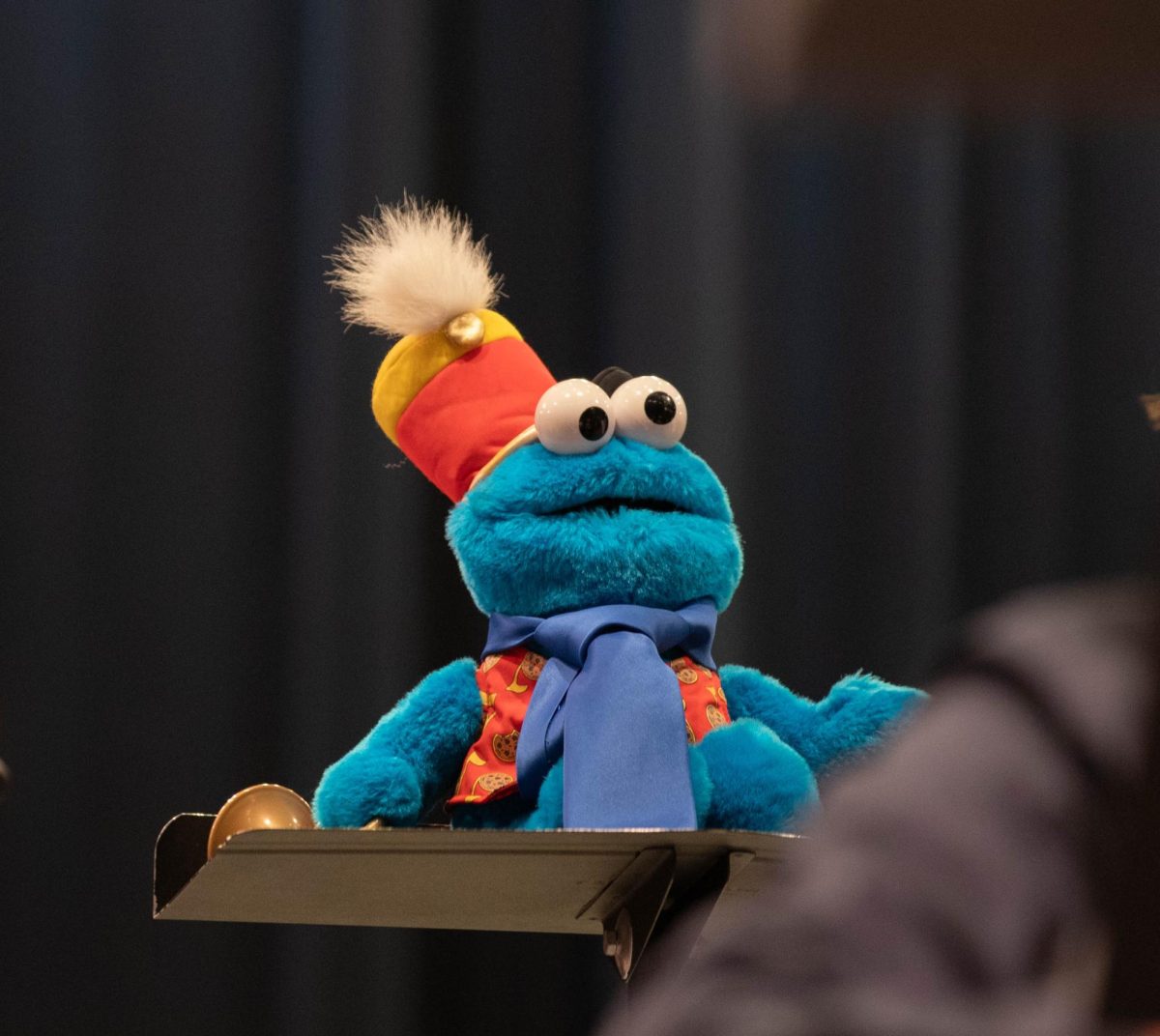One of the hottest topics in the news today is the extreme inflation of egg prices. Egg prices have skyrocketed and are predicted to increase even more this year – almost 41% – according to ABC News. Why is this?
Many try to blame this on politics and labor issues, however, it is much more simple.
This is because of the bird flu. Bird flu, also known as Avian influenza, is a viral infection that spreads in birds, cows, and other animals. Sometimes the bird flu can even spread to humans.
When birds get bird flu, it is a sudden death with no prior signs. They also can have low energy or appetite, purple discoloration or swelling of various body parts.
People who work with animals are most likely to get bird flu. Humans can receive bird flu if any bodily fluids from animals infected get into their eyes, nose, or mouth, or are inhaled.
It is very rare for humans to get bird flu, with only 70 cases since 2022 and only one death. There are no known instances of a human passing the disease to another human.
If a human does get bird flu, their symptoms are mild to severe respiratory symptoms and pink eye and other symptoms. It can infect your upper respiratory tract and lungs and can sometimes spread to other parts of your body like your brain.
Bird flu is caused by a virus often H5N1. There is no known original cause of this however bird flu outbreak is passed from one animal to another.
Bird flu can affect wildlife and can reduce the food supply. In chickens, the bird flu kills them 90% of the time and eggs have spiked in price because of this. More than 20 million egg-laying chickens died last quarter because of bird flu. Since 2022, 166 million egg-laying chickens have died because of birds. The United States is at record high for egg prices. In December of 2024, they were $4.15 and in January 2025 they were $4.95 and now they are $6.85.
In 2025, the bird flu outbreak has been reported in California, Colorado, Iowa, Louisiana, Michigan, Missouri, Oregon, Texas, Washington, Wisconsin, Wyoming, Nevada, and Ohio.
Talk locally had been about a case of bird flu in the St. Louis zoo.
The St. Louis Zoo found a wild wood duck that tested positive for bird flu. Because of this, they have to take many precautions to keep animals safe. This includes moving many birds inside, closing exhibits such as the bird cage and Cypress Swamp. The zoo closed the penguin and puffin exhibit an hour early to deep clean and they temporarily discontinued sales for some of the behind-the-scenes tours. They stated that this case of bird flu does not pose any threat to humans so it’s still safe to visit the zoo.
In order to stop this outbreak, keep your chickens or birds quarantined from other wild birds.


























